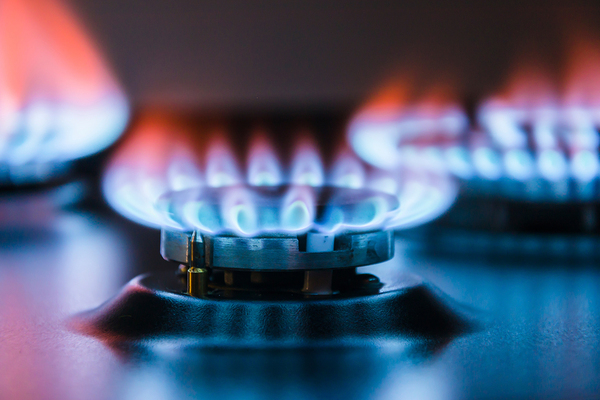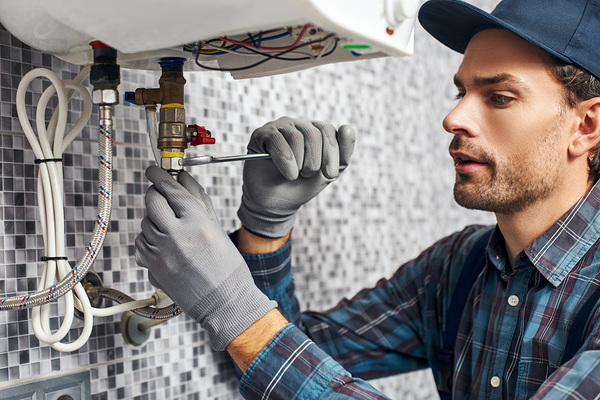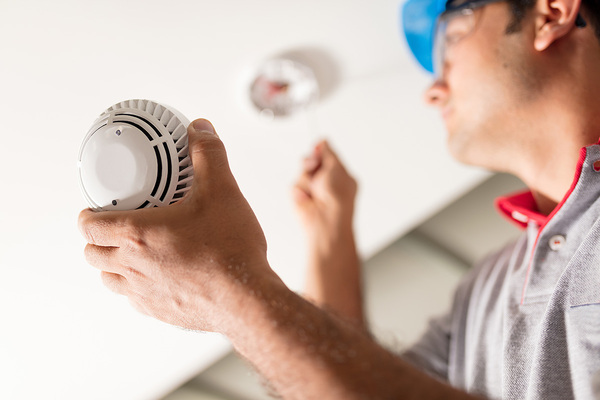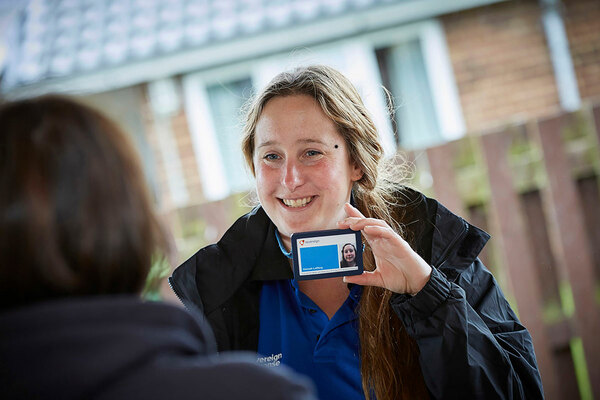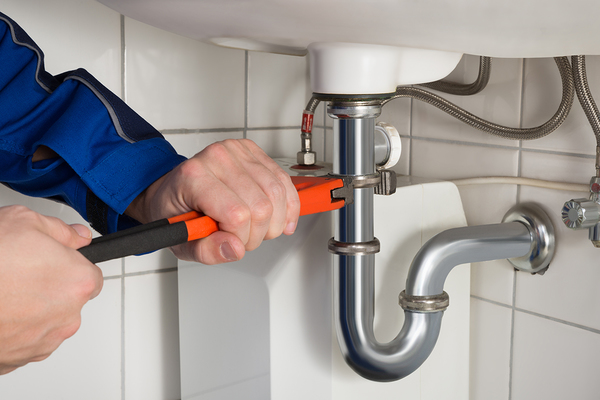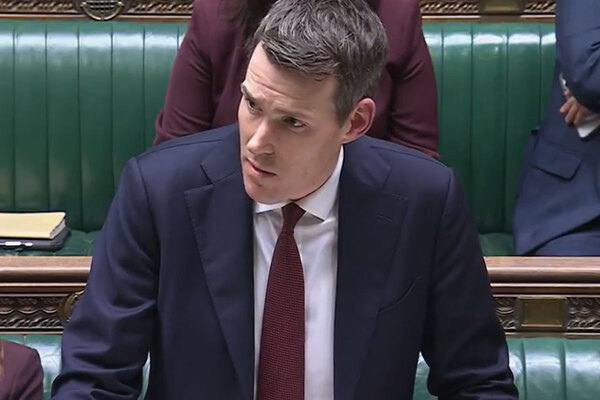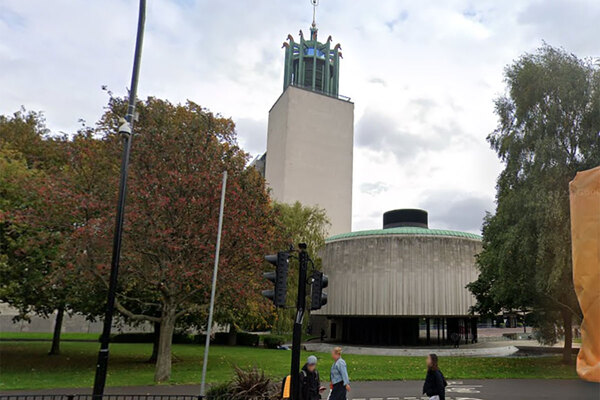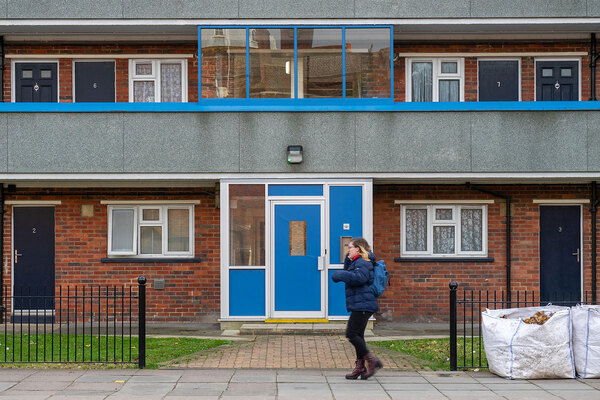You are viewing 1 of your 1 free articles
Gas safety check clarity needed as associations struggle with social distancing measures
Housing sector figures have called for clarity over statutory gas safety checks as access to properties is reduced during the coronavirus outbreak, with some pushing for an extension on the length of time between checks on gas appliances.
Pressure is growing on the Health and Safety Executive (HSE) to extend gas safety certificates from 12 to 18 months to stop them expiring as contractors and housing association teams try to adhere to the government’s social distancing measures.
A number of housing associations have moved to an emergency repairs only model but gas safety officers are still required to complete their annual checks as ordered by government agency HSE.
Keith Simpson, chair of the Direct Works Forum, which represents associations and councils that deliver their own repairs and maintenance works, said gas servicing is becoming an issue for its members.
He told Inside Housing: “The major problem is gas servicing. Members are all putting pressure on the HSE via Gas Safe Register to get some clear guidance on it.
“Some people are trying to continue but tenants won’t let them in and some of the operatives don’t want to go in, and they’ve got no clear guidance.”
Landlords are required under Gas Safety (Installation and Use) Regulations 1998 to have all gas appliances serviced every 12 months.
A number of housing associations have recently breached the Home Standard for failing to carry our essential checks, including those for gas.
Jon Slade, director at Campbell Tickell, told Inside Housing: “There’s still no definitive word on how gas safety certification will adapt to the situation.
“There is talk of perhaps the term of gas certificates being extended from 12 to 18 months but that’s not confirmed.”
Updated guidance from Gas Safe Register, the official gas registration body for the UK, on 25 March said: “We have continued to operate gas safety inspections and investigations, focusing on the highest risk.”
In “high-risk” cases, tradespeople entering properties are expected to keep a minimum of two metres apart from other people, wash hands frequently and wipe down all surfaces, the guidance said.
The issues around gas safety checks come as housing associations across the country are reducing their repairs operations in order to stem the spread of the virus. Great Places, Wythenshawe Community Housing Group and Plus Dane Housing are just some of the associations which have said they are carrying out emergency repairs only.
A lack of protective gear for staff is also a major issue, with associations struggling to source it and suppliers in some cases hiking prices. In a WhatsApp group of chief executives, summarised by consultancy Campbell Tickell, bosses warned even emergency repairs could be halted if the issue is not resolved.
There are also concerns that local contractors laying off staff and a lack of materials could hamper work. Self-isolation due to illness is an increasingly serious issue for repairs teams.
One organisation’s maintenance team is understood to have 20% of its staff off, while others are operating with between 4% and 8% of staff unwell. These figures are expected to grow.
Alan Long, executive director at Mears Group, said that the group which carries out repairs work for several housing association and council clients was working with partners to establish what emergency work entailed.
He said urgency of works will be judged in relation to a tenant’s circumstances as some issues that are not urgent for some tenants may be for others depending on their physical capabilities.
Alistair McIntosh, chief executive of the Housing Quality Network, said: “Everywhere under the sun is struggling to get hold of PPE equipment,” and suggested this problem reflected a “total failure of the current procurement model”.
Mr Simpson agreed: “PPE is becoming very, very scarce. Masks, gloves and sanitiser have been ordered but officials are not confident that they will arrive, which will restrict their work even more.”
Mr Long said that Mears staff are well-equipped at moment but added the situation is “going to get worse”.
Gas Safe Register and the HSE have been approached for comment.
More on coronavirus
To see all our coronavirus coverage to date – including the latest news, advice to providers, comment and analysis – use the link below.
Sign up for our daily newsletter
Already have an account? Click here to manage your newsletters
